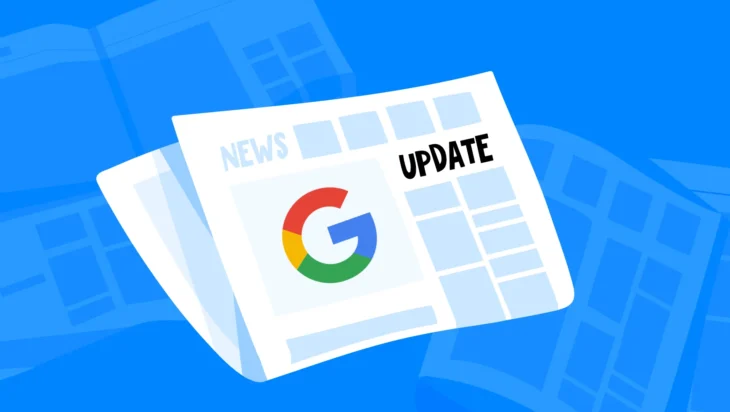Google Search is downgrading content that significantly diverges from a site’s primary focus
- October 29, 2024
- Views: 17

In a recent development, Google has confirmed that its search ranking systems are increasingly identifying and downgrading content that is significantly different from a website’s primary theme. This change has sparked discussions among digital marketers and SEO professionals, as it emphasizes the importance of maintaining thematic coherence across web content.
What Google Is Saying
A Google spokesperson shared insights with Glenn Gabe, an independent SEO consultant, stating, “Our systems aim to understand if a section of a site is independent or starkly different from the main content of the site. This helps us surface the most useful information from a range of sites.” This statement highlights Google’s ongoing efforts to enhance its algorithms and ensure that users receive the most relevant and valuable information during searches.
Over the past month, there have been noticeable declines in search visibility for portions of various large sites. Gabe documented several examples where sections of well-known platforms like Fortune Recommends, Forbes Advisor, AP News Buyline, and others experienced significant drops in performance. This has led to speculation about whether Google was testing a new “site reputation abuse” algorithm; however, Google clarified that such a test is not currently in place.
Understanding the Changes
The primary focus of this algorithmic adjustment is to determine whether specific sections of a website are “independent or starkly different” from the main content. This approach is not entirely new; in fact, Google has previously warned against hosting third-party content in subdomains or subfolders that might appear to be part of the main site without proper oversight. In a 2019 statement, Google advised website owners to avoid allowing others to use their subdomains or subfolders for content that could mislead users regarding its origin.
As Glenn Gabe noted, the changes appear to be more nuanced than a broad-brush approach. Google is not targeting all sites with slightly divergent content; rather, it is honing in on those that present large sections that do not align with the site’s core theme. For site owners, this means that while minor deviations may not lead to penalties, substantial departures from the site’s primary focus could result in diminished search rankings.
Why This Matters
Understanding these developments is crucial for anyone involved in digital marketing or website management. If you’re creating sections of your site that are starkly different from its primary theme, it’s essential to reevaluate your strategy. Google’s updated systems are designed to promote thematic consistency, which, in turn, enhances the user experience by delivering more relevant search results.
As Google continues to refine its algorithms, site owners and marketers must stay vigilant. Focusing on producing value-added content that aligns closely with your brand’s identity will not only improve your chances of ranking well but also enhance the overall quality and coherence of your website.
Conclusion
In conclusion, Google’s recent adjustments to its search ranking systems underscore the significance of thematic alignment in web content. While these changes may cause concern for some, they also provide an opportunity for site owners to create more focused, valuable content that resonates with users. As Google refines its ability to discern content relevance, maintaining a clear connection between your content and your site’s primary theme will be essential for sustained visibility and success in search results.



